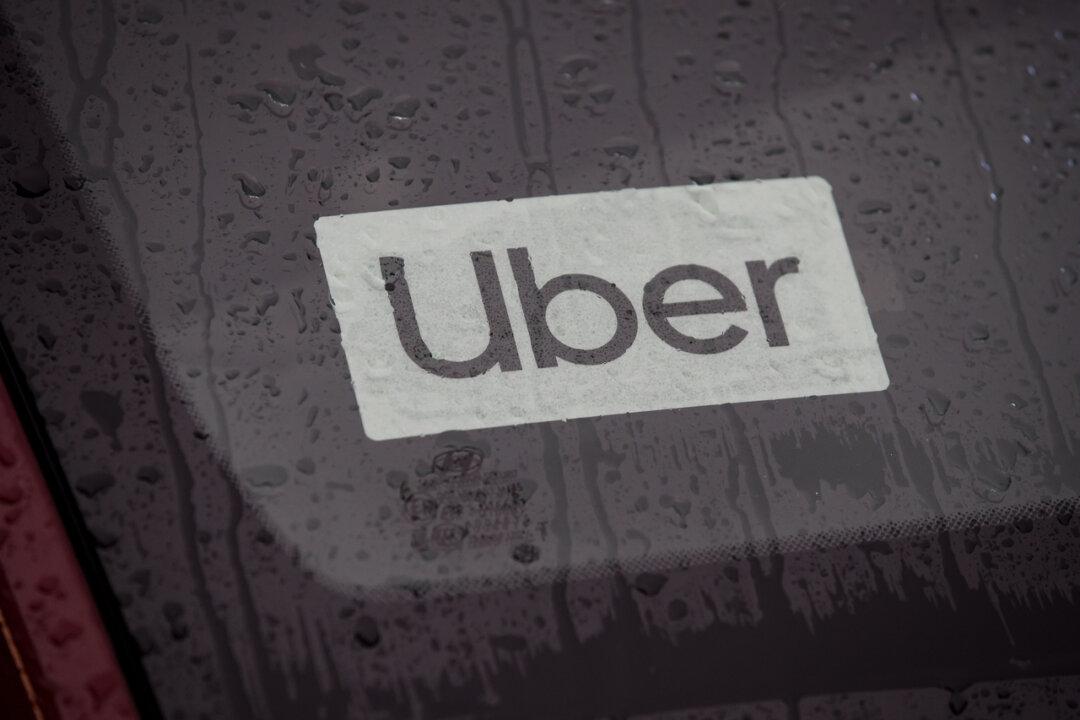The Toronto City Council has voted in favour of a motion to temporarily limit the number of licences issued to ride-share services such as Uber and Lyft, saying it is part of the plan to curb greenhouse gas emissions and congestion, among other issues in the city.
Introduced by Councillor Mike Colle, the motion recommends that the city place a temporary restriction on the total number of vehicle-for-hire and private transportation licences, effective Oct. 12, for up to one year. During this period, no new licences will be granted to private transportation companies.





